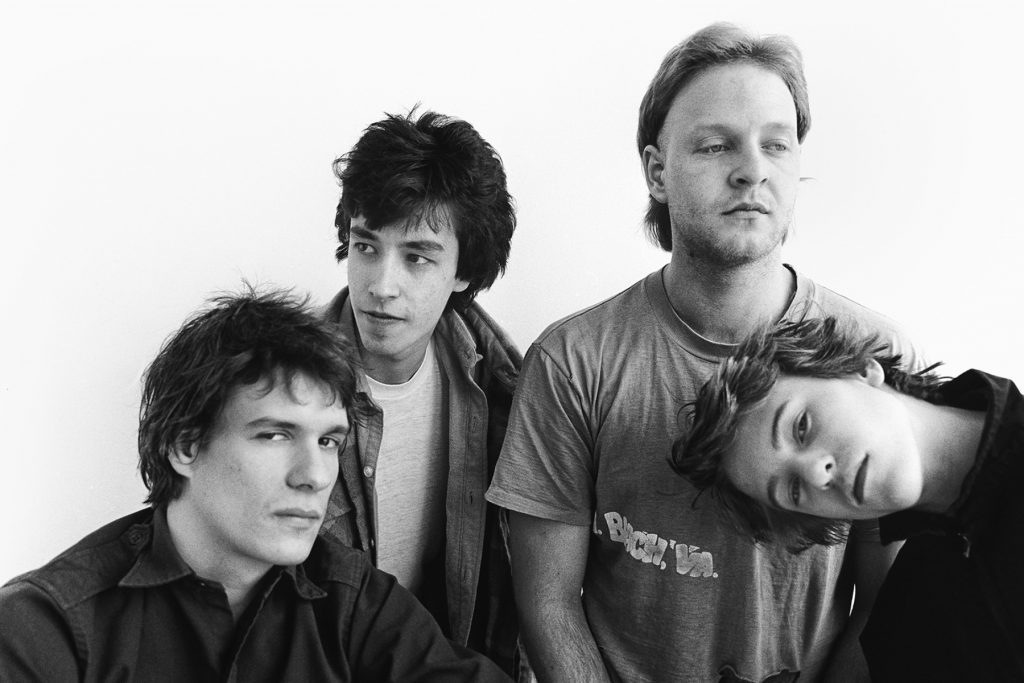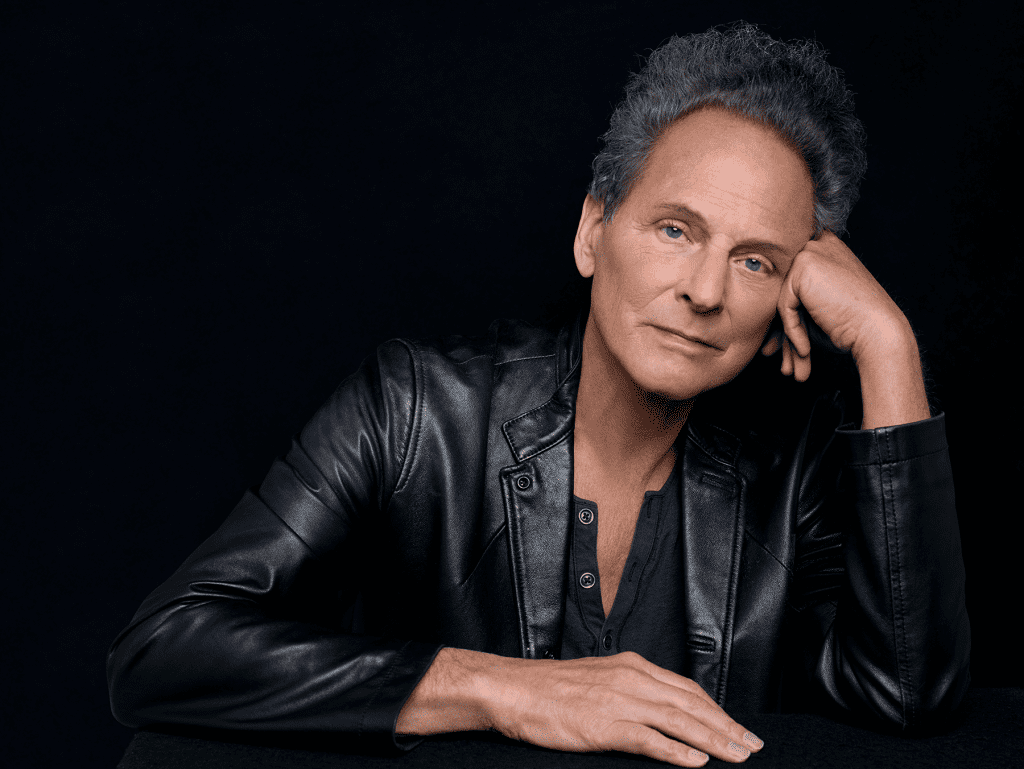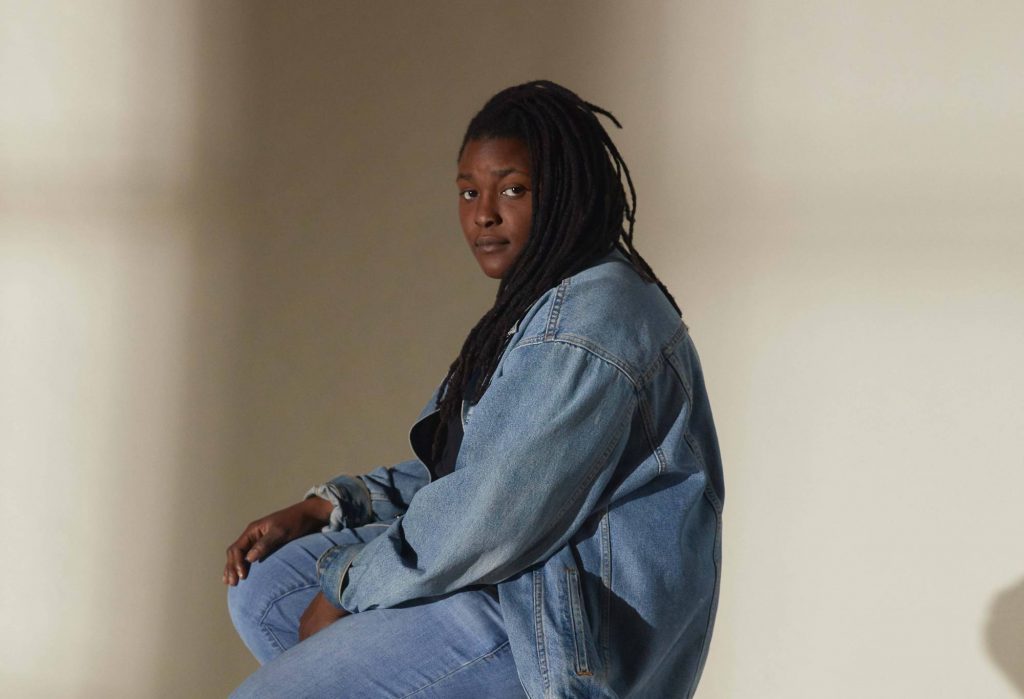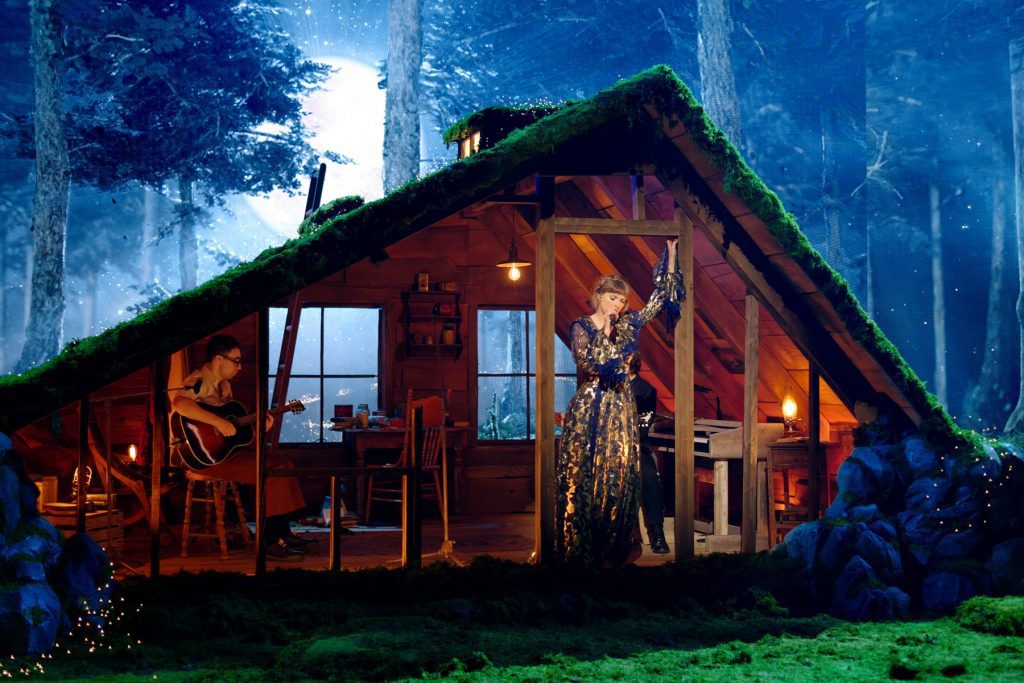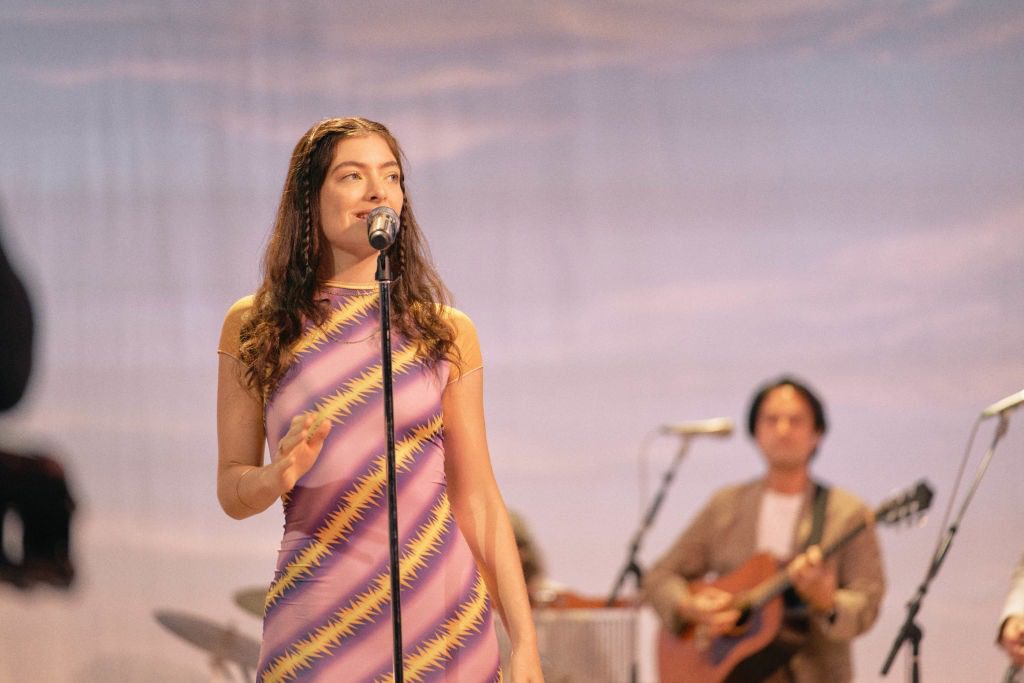
Lorde Releases Surprise EP of ‘Solar Power’ Tracks Sung in Maori Language
Lorde has released a digital EP featuring five Solar Power tracks rerecorded in te reo Māori, the language of the indigenous people of the singer’s native New Zealand. The surprise EP arrived during Te Wiki o Te Reo, a week that celebrates the Māori language.
The Te Ao Mārama EP boasts renditions of “Solar Power,” “Stoned at the Nail Salon,” “Oceanic Feeling,” and more. While Lorde does not speak te reo Māori, she worked with three translators — including Hana Mereraiha, who translated three of the songs — to recreate each track’s lyrics, the Spinoff reported.
“I’d taken each song line by line, and had really gone into it deeply,” Lorde told the Spinoff. “So, Hana had a good understanding of where I was at and was able to then take the translations to a more metaphorical place, or just invoke a figure that felt pertinent to her.”
Earlier this year, Lorde also visited with Sir Tīmoti Kāretu, the widely respected former commissioner of the Māori Language Commission, in New Zealand.
In a newsletter to fans, Lorde wrote of the EP (via Stereogum), “Many things revealed themselves slowly to me while I was making this album, but the main realization by far was that much of my value system around caring for and listening to the natural world comes from traditional Māori principles. There’s a word for it in te reo: kaitiakitanga, meaning ‘guardianship or caregiving for the sky, sea, and land.’”
blogherads.adq.push(function () {
blogherads
.defineSlot( ‘medrec’, ‘gpt-dsk-tab-article-inbody1-uid0’ )
.setTargeting( ‘pos’, [“mid-article”,”mid”,”in-article1″,”mid-article1″] )
.setSubAdUnitPath(“music//article//inbody1”)
.addSize([[300,250],[620,350],[2,2],[3,3],[2,4],[4,2]])
;
});
Lorde continued, “I’m not Māori, but all New Zealanders grow up with elements of this worldview. Te ao Māori and tikanga Māori are a big part of why people who aren’t from here intuit our country to be kind of ‘magical,’ I think. I know I’m someone who represents New Zealand globally in a way, and in making an album about where I’m from, it was important to me to be able to say: this makes us who we are down here. It’s also just a crazy beautiful language — I loved singing in it. Even if you don’t understand te reo, I think you’ll get a kick out of how elegant my words sound in it.”
